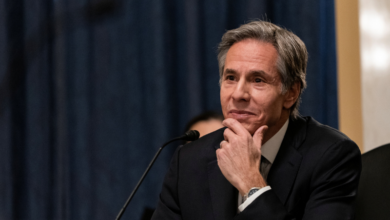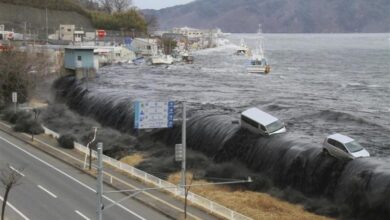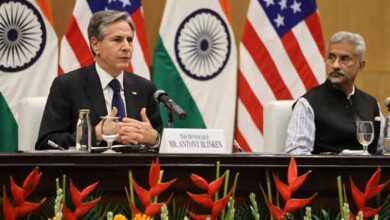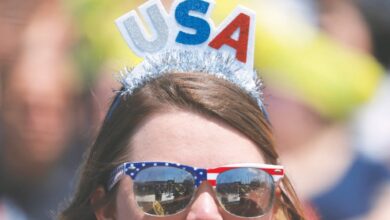EU backs off jab threat as WHO warns against ‘vaccine nationalism’
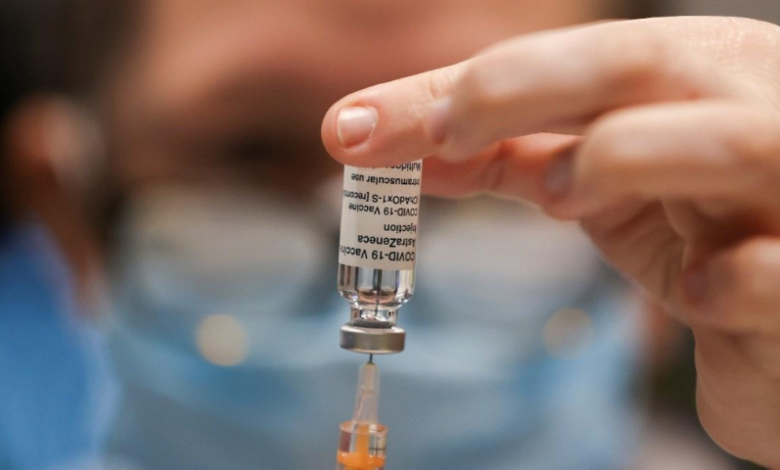
Outbreaks are raging around the globe with Covid-19 deaths nearing 2.2 million, and while wealthy countries fight over limited vaccine supplies, there are fears the less privileged will not get access for a long time.
British-Swedish firm AstraZeneca has said it can only deliver a fraction of its vaccine doses promised to the EU and Britain because of production problems, but both sides are demanding their pledges are met.
The EU threatened to restrict vaccine exports to Northern Ireland by overriding part of the Brexit deal with Britain that allowed the free flow of goods over the Irish border, but backed down after British Prime Minister Boris Johnson voiced “grave concerns”.
The European Commission will “ensure that the Ireland/Northern Ireland Protocol is unaffected”, the EU commissioner said in a statement late on Friday.
That came after the EU released a redacted version of its contract with AstraZeneca, while announcing a mechanism that could allow it to deny the export of vaccines made on European soil.
The AstraZeneca vaccine on Friday became the third to get EU approval after Pfizer/BioNTech and Moderna, but it came under the shadow of the bitter diplomatic row.
“I expect the company (AstraZeneca) to deliver the 400 million doses as agreed,” tweeted European Commission chief Ursula von der Leyen, as she announced the authorisation. The supply issue is a huge blow to Europe’s already stumbling vaccine rollout.
The EU-Britain tussle has highlighted the impact of shortages on ambitious mass vaccination programmes, even on wealthy nations, and fears are growing that the developed world is hogging doses, leaving poorer nations behind.
World Health Organisation chief Tedros Adhanom Ghebreyesus warned against “vaccine nationalism”, saying there was a “real danger that the very tools that could help to end the pandemic — vaccines — may exacerbate” global inequality.
Parts of Africa and Asia have only just started securing and rolling out vaccinations. The global scramble for shots comes as more troubling data emerges on new variants of the coronavirus, which is known to have infected more than 101 million people worldwide.
Variants first detected in Britain, Brazil and South Africa are believed to be more contagious.
Scientists are concerned that the South African variant may elude some vaccines, a potential stumbling block in the global effort to defeat Covid-19 through mass inoculation. New data on Thursday and Friday showed average effectiveness of 89 and 66 percent for shots from Novavax and Johnson & Johnson.
But while Novavax’s jab was highly effective against the British variant, both were less effective against the South African strain. Pfizer and Moderna have said their vaccines are effective against the variants.



